The International Crisis Group (ICG) has warned that Sri Lanka’s new government, elected on a wave of public demand for reform, risks squandering its opportunity to deliver genuine national unity and accountability.
In a report released on Friday, ICG Senior Consultant for Sri Lanka, Alan Keenan, noted that while President Anura Kumara Dissanayake’s election in September 2024 and the parliamentary landslide for the National People’s Power (NPP) had raised hopes for a “new political culture,” the government’s first year has left key communities disillusioned.
“The NPP appealed to voters precisely because it was untested and seen as separate from the post-independence elite,” Keenan said.
However, despite promises to address impunity, devolve power, and heal ethnic divisions, the report says there has been little meaningful progress, particularly in the war-affected north and east.
Sixteen years after the end of the civil war, many Tamil and Muslim grievances remain unresolved: thousands of missing persons are unaccounted for, new mass graves have emerged, and large areas of private land remain under military control. “The virtually all-Sinhala military continues to dominate the Tamil-speaking north and east, distorting local economies and fuelling resentment,” the report stated.
While the NPP has spoken of “celebrating diversity,” the ICG noted the government’s cabinet includes no Muslim ministers and just two Tamils—raising doubts about its commitment to inclusion. It also cited JVP General Secretary Tilvin Silva’s rejection of ethnic-based nationalism—including Tamil and Muslim—as evidence that Sinhala majoritarianism remains embedded in practice.
The report did acknowledge a shift in tone, with Tamil Heroes Day commemorations last November allowed to proceed largely unhindered. Yet, follow-up police questioning of organisers signalled a continuation of surveillance and intimidation tactics, the ICG said.
On accountability, Foreign Minister Vijitha Herath has proposed a truth and reconciliation commission. But human rights groups remain sceptical, warning it could be used to sidestep criminal justice for wartime abuses. “Impunity has been complete since 2009,” the report noted.
Nevertheless, the ICG argued that the NPP, given its own history of repression in the 1980s, may be better placed than previous governments to open space for limited accountability. Recent arrests in high-profile cases involving the abduction and killing of Sinhala journalists were cited as possible indicators of progress.
The report also highlighted the recent discovery of over 230 sets of human remains in a mass grave in Chemmani, Jaffna, and called for international forensic oversight to ensure credible investigations.
With another UN Human Rights Council resolution on Sri Lanka expected later this month, the ICG urged the international community to maintain pressure.
“The NPP’s pledges will ring hollow unless it delivers quickly on land, accountability and inclusion,” Keenan warned. “Otherwise, Sri Lanka risks missing another rare chance to move beyond its painful past.”

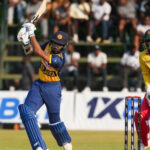
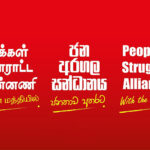





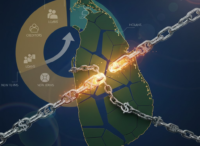
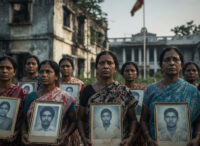
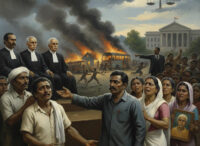
Leave a comment